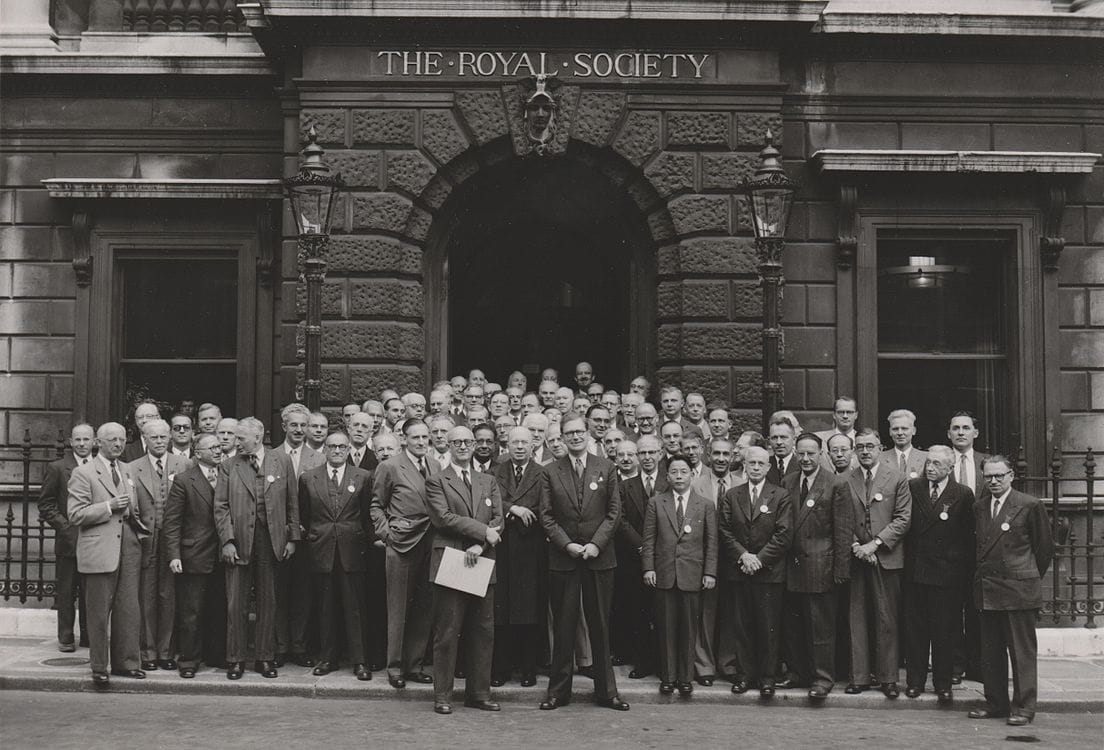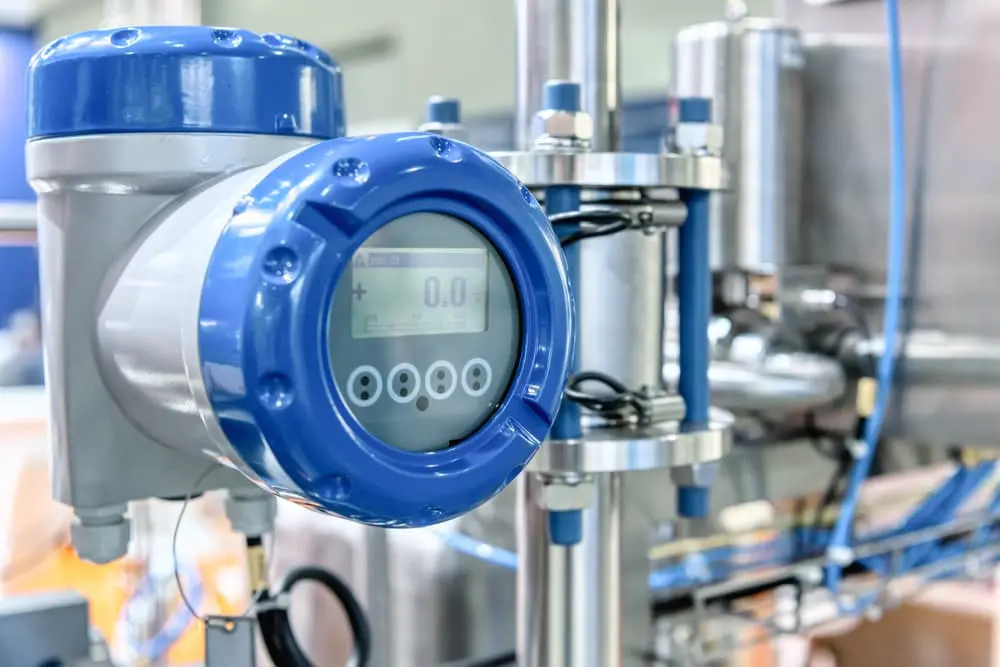
In the ongoing quest for sustainable living and cost-effective energy consumption, the role of home insulation cannot be overstated. With the ever-increasing prices of energy and growing environmental concerns, homeowners are seeking ways to reduce their energy bills while minimizing their carbon footprint. One of the most effective strategies in achieving this goal is through proper home insulation.
Home insulation serves as a barrier, preventing the transfer of heat between the interior and exterior of a building. By creating a thermal envelope around the living space, insulation helps maintain a comfortable temperature indoors regardless of the weather conditions outside. However, its benefits extend far beyond mere comfort, significantly impacting energy consumption and cost savings. Here’s how home insulation can lead to substantial reductions in energy bills:
- Reduced Heating and Cooling Costs: Heating and cooling account for a significant portion of household energy consumption. Proper insulation ensures that the conditioned air generated by HVAC systems remains inside the home, minimizing the need for continuous heating or cooling. As a result, homeowners can experience substantial reductions in their heating and cooling bills throughout the year.
- Increased Energy Efficiency: Insulation enhances the energy efficiency of a home by reducing heat loss during the winter and heat gain during the summer. This means that HVAC systems can operate more efficiently, requiring less energy to maintain the desired temperature indoors. As a result, homeowners can enjoy lower energy bills while also reducing their overall energy consumption and environmental impact.
- Prevention of Air Leakage: In addition to thermal insulation, proper sealing of air leaks is essential for optimizing energy efficiency. Insulation materials such as spray foam, cellulose, or fiberglass batts not only resist heat transfer but also act as barriers against air infiltration. By sealing gaps and cracks in walls, floors, and ceilings, insulation prevents warm or cool air from escaping, ensuring that conditioned air remains inside the living space.
- Long-term Cost Savings: While the initial investment in home insulation may seem significant, it pays off in the long run through lower energy bills and increased property value. Energy-efficient homes are increasingly sought after in the real estate market, commanding higher prices and attracting environmentally-conscious buyers. Moreover, well-insulated homes require less frequent maintenance and replacement of HVAC systems, further reducing long-term expenses.
- Enhanced Comfort and Quality of Life: Beyond financial savings, home insulation contributes to a higher level of comfort and well-being for occupants. By maintaining consistent indoor temperatures and reducing drafts, insulation creates a more comfortable living environment year-round. This not only enhances the quality of life for residents but also improves productivity and overall satisfaction with the home.
Home insulation is a crucial investment for homeowners looking to reduce their energy bills and minimize their environmental footprint. By effectively sealing and insulating their homes, individuals can enjoy lower heating and cooling costs, increased energy efficiency, and enhanced comfort. Moreover, the long-term savings and benefits associated with home insulation far outweigh the initial investment, making it a sound financial and environmental decision for homeowners everywhere. As we continue to strive towards sustainability and energy efficiency, harnessing the power of home insulation is a step in the right direction.






